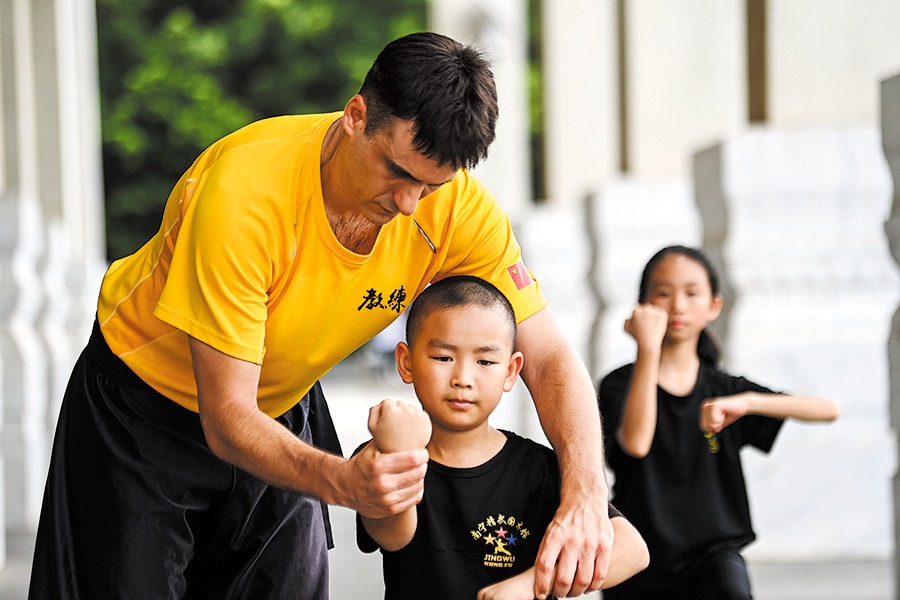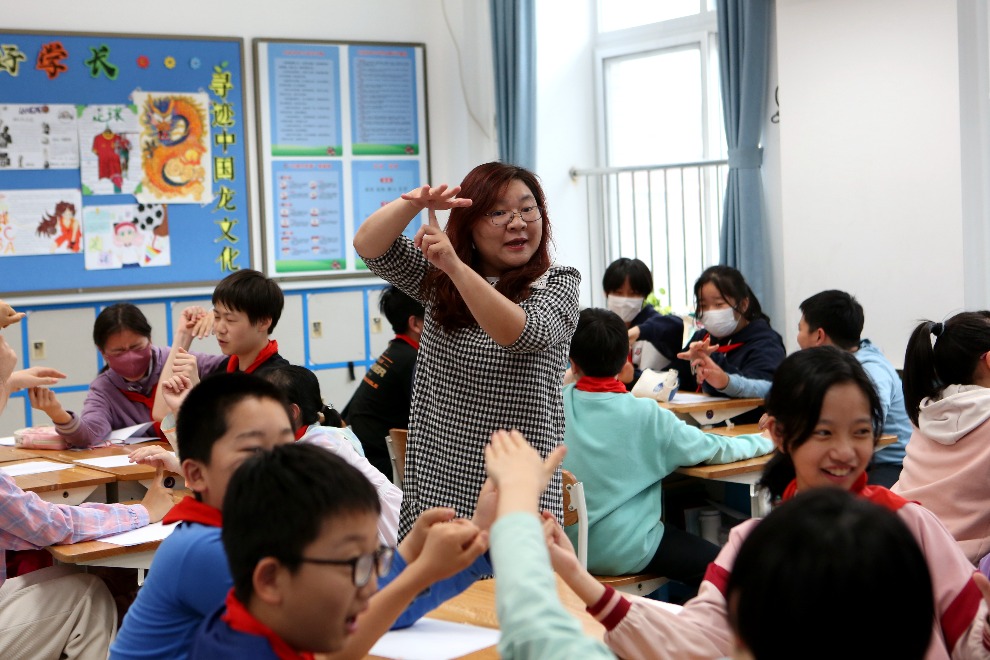Tibet launches incentive policies to attract high-level talent
chinadaily.com.cn | Updated: 2023-04-29 11:35

The Tibet autonomous region has launched incentive policies to attract high-level talent, according to a promotional event for these policies held on April 28 in Shanghai.
The Organization Department of the Communist Party of China Committee of the Tibet autonomous region declared at the event that Tibet seeks four kinds of high-level talent: top domestic talent like academicians; national leading talent like outstanding young scholars; local level leading talent who have advanced technological achievements or business experience; and other highly skilled people who can promote the stability and economic and ecological development of Tibet.
"The need for scientific and technological innovation is more urgent than ever, and the thirst for outstanding talent is stronger than ever," said Yin Chunhui, vice-minister of the Organization Department of the CPC Committee of the Tibet autonomous region.
In order to attract more talent, Tibet has improved the incentives of talent. For example, top-notch talent introduced through transfer or innovation and entrepreneurship can receive a personal subsidy of at least 200,000 yuan ($28,900).
They can also apply for research grants ranging from a minimum of 100,000 yuan to a maximum of 2 million yuan, depending on the type of talent.
In addition, the government also provides a series of other incentive policies such as preferential housing, family resettlement and medical security.
"We sincerely hope that all forces will pay attention to Tibet and support Tibet and we eagerly look forward to talent from all over the world choosing Tibet and devoting themselves to the development of Tibet," said Yin.
Shanghai has been actively assisting Tibet in the past few years. By the first half of last year, Shanghai had selected and sent a total of 9 batches of 648 officials and more than 300 technological professionals to Shigatse in Tibet, according to Sun Yu, member of the Organization Department of Shanghai Committee of the Communist Party of China.
Han Bin, an academician of the Chinese Academy of Sciences, set up an academician workstation for agricultural research in Shigatse in 2019.
During his research in Tibet, he found quinoa suitable for growing in Tibet. He said he will work with his team to promote quinoa cultivation in Tibet in the future, hoping to make quinoa the second-largest crop on the plateau after highland barley.
He also hopes that more people will devote themselves to the development of Tibet with the spirit of dedication in the future.
Zhang Guangzheng contributed to the story.
























